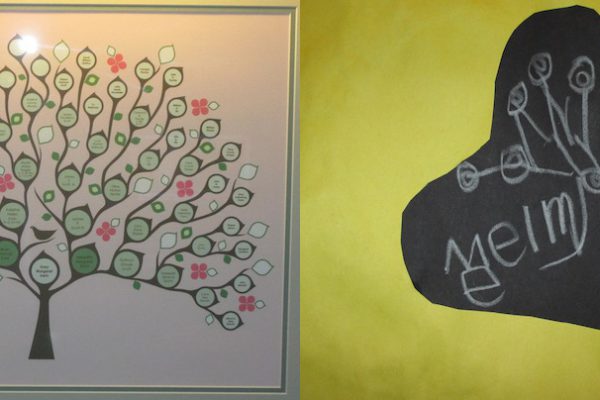I volunteer in the school library every Friday afternoon. A few weeks ago, my scheduled time overlapped with a special program called “I Can Hour.” Because the school librarian did the bulk of the event’s organization, I was pressed into service. That Friday it was Zumba, not book check out for me.
This event required lots of planning. First, each student was given a list of 15 activities, and each student picked 3 they would want to spend an hour doing. The organizers divided up all 300 students into groups of 10 based on their top three activities preferences. Then they found an adult leader and one helper for each activity before assigning each group a space.
Day of, teachers told students their activities, and the whole school met at 1pm for a brief meeting and sorting into groups. Choices ranged from snowshoeing to legos to sewing to Zumba. I know nothing about Zumba, but figuring that was part of the day’s fun, I joined my group for an hour of dancing.
As a parent, I appreciated that:
- My daughter got to meet a new adult in the building. After seeing a presentation by Dr. Robert Brooks, I have been taken with the idea of the “charismatic adult”. I like that the students have a chance to see school faculty and staff in a different “hat”, as individuals who might share their interests and therefore be accessible in a different way.
- All students got a chance to build a skill in such a safe environment. There were only two girls that knew each other in my Zumba group, so initially, everyone was reserved. As they got more comfortable, they cheered for each other as they got in the middle of the circle to show off their moves.
- Time was made for play and fun. Schools and parents are stuck between conflicting research about how much time is needed for academics and how much time kids need to move and to play. This hour seemed like a meaningful compromise.
As CLiF staff, I appreciated that:
- Library volunteers pulled a nice stack of books for each activity. My Zumba stack had a few books on dancing; I felt relieved knowing that if the Zumba was a bust, I could at least look and talk about the books. What a great reminder of the library as resource.

- The school acknowledged that community building is important. After this initial success, I can see how it could evolve to include more parents and community members and more regular interaction of groups. Also, they have some really useful data on what kids (and maybe their parents) enjoy that could lead to more engaging community-wide events.
- The school librarian was a motivator. While I might be biased since I work with many school and public librarians, I think it is easy to forget that the librarians know all the kids and they know them in a very different setting than the administration or the classroom teacher, and they can put that knowledge to use building community.
It also reminded me how important it is to set aside some amount of time, uninterrupted by phones or commitments, to just be with your child doing one thing. Maybe I will get good at Zumba?


